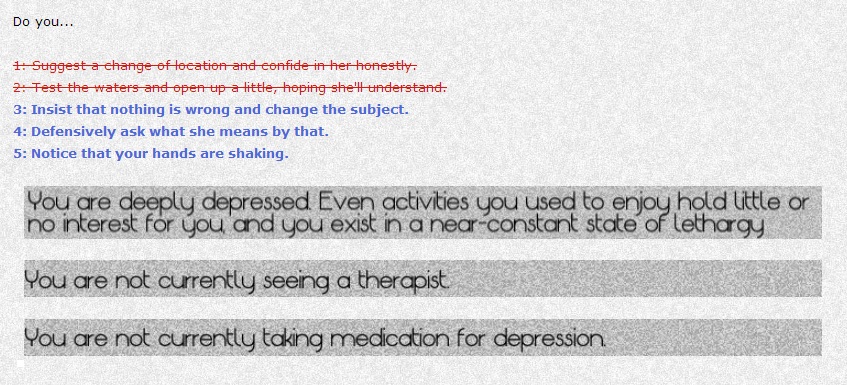It was only just a few days ago that I watched NFL athlete and Baltimore Ravens running back Ray Rice attack his wife in a brutal case of physical domestic violence. I’d heard about the incident in passing but it wasn’t until someone told me about it in detail that I really knew I had to watch it. Its reputation paled in comparison to the shock of actually seeing it happen, even if it was just on a computer screen. I won’t go into the details here but the way that he so flippantly abused her sent a bit of a chill down my spine. Although this was not the first time I’d heard of acts of violence and situations like this but watching it actually unfold certainly made domestic violence a great deal more visceral. And that certainly seemed to be the case for many people across the world as they watched Rice’s act play out on screen. As we’ve probably all come to see this week, this has turned into a (justified) mass exodus from the cult of Ray Rice that ranged anywhere from the NFL placing the athlete on an indefinite suspension to restaurants and bars offering comped meals or drinks to customers who bring in their Ray Rice jerseys.
With all the public condemnation shown towards Rice on both a company and personal level, I sat and thought how well so many people seemed to be responding. Of course this was before I was told that it had been over half a year since the incident had happened and that there was mounting evidence that the NFL was aware of the video before it got leaked online by TMZ and the implication that their action taken against him had only come after the public outcry and flood of negative PR. So when EA announced that they would be removing Ray Rice from the roster of Madden 15 entirely in a recent game update, I was excited by the social statement this could make across the gaming sphere.
“So if you want Ray Rice don’t download any updates,” I read being joked about online. Initially the act of removing Ray Rice from the game may seem fairly unimportant. The game, after all, has already been released and players can find a way to work around the form of update necessary for removing his character from the game. He’s also just one player in a game filled with more athletes than ever. But this removal carries far more weight and emphasis to it than it initially appears. First the announcement and EA’s decision to take this course of action against Ray Rice came only a brief time after the video was released – far sooner than it took the NFL itself to react. Secondly even though I’m sure it was at least partially a response to the backlash of consumers, I saw few if any movements to have him removed from the game. Although I could be mistaken, it seemed as though the decision was one that EA made itself.
With this action, EA has made it clear, at least in this instance, that this behavior will not be tolerated. Even though it is just an edition of a sports game, EA is proving that a wider social context cannot be removed from video games and that they can become a tool for making widespread and potent social commentary. Madden, as a successful and long running franchise, reaches a large portion of gamers and football fans alike. Even if the decision manages to fall under the radar, the message that Rice’s abusive behavior is not something that we should let slide and that’s it’s certainly not socially acceptable behavior gets conveyed to a wide audience. And while other problematic things might fall under the radar, it’s a promising sign that maybe the industry is ready to back “social justice” and use games as a more extensive medium for social critique.





3 thoughts on “Moving Real World Consequences Into the Game”
Seems more like a PR decision than a Social Justice decision. I mean, there’s other players in the game with criminal records – but they’re not in the spotlight. Also, it’s not exclusively a social justice tenet to practice restraint against a weaker combatant. That’s good old fashioned mercy, and Rice screwed up. There’s a larger trend of disproportionate counter-attack from international wars to trigger happy police. I don’t think we should downplay this troubling trend by giving EA a cookie for protecting their brand.
I agree that this may be as much a PR decision of the NFL suspension, but in the end they could have ignored it. Let’s see if this trend continues now that Adrian Peterson has been indicted on charges of child abuse. Domestic abuse is domestic abuse.
I can’t imagine being a person who still wants to play him in their game. I’d feel so gross.